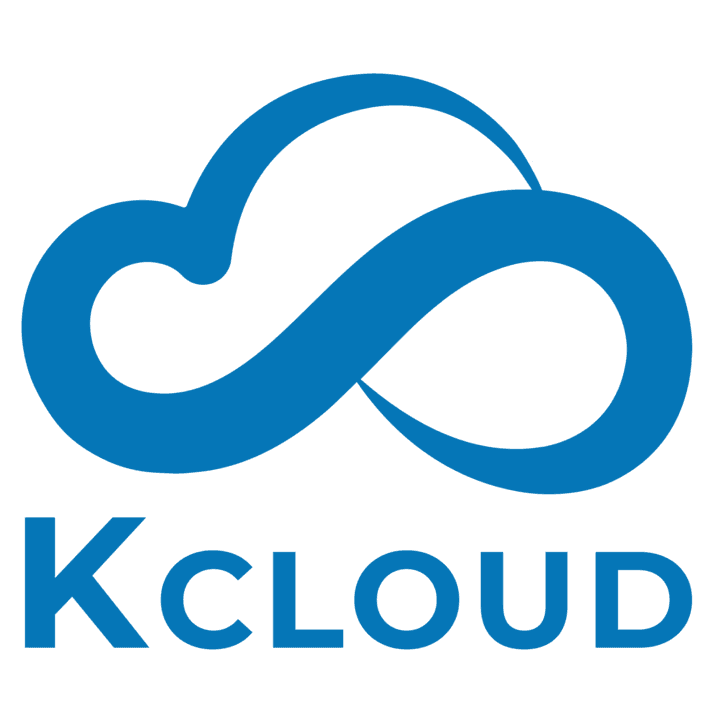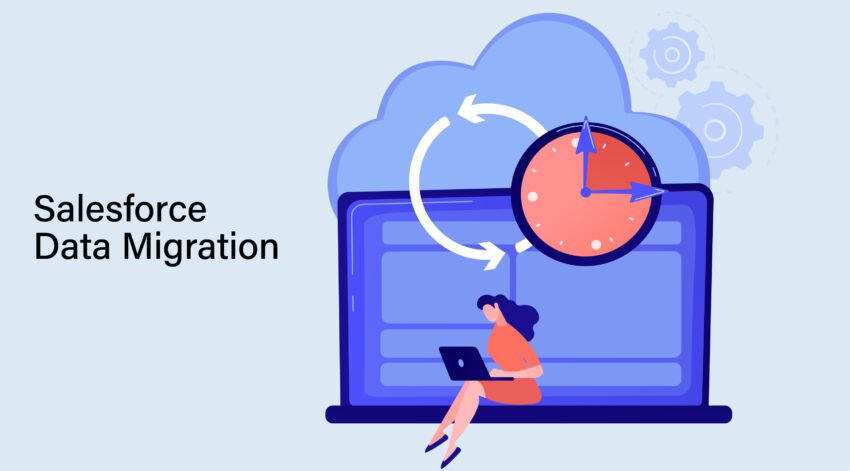Salesforce Data Migration refers to the process of relocating data from Salesforce to a specific destination, such as databases, data warehouses, or other applications. This process not only facilitates the transfer of data but also improves its quality by eliminating errors and enhancing its accuracy. After data migration, the data will have several positive attributes, including relevance, accessibility, uniqueness, and reliability. This ensures that the data is useful and dependable for the business.
what is Salesforce?
Salesforce is a Software-as-a-Service (SaaS) company that offers a comprehensive suite of enterprise applications, including a powerful Customer Relationship Management (CRM) tool, as well as applications for Marketing Automation, Customer Service, Analytics, and Application Development. Many businesses prefer Salesforce for its numerous benefits, including quick and easy setup, user-friendly interface, and high effectiveness. Unlike traditional CRM software that can take up to a year to install and deploy, Salesforce can be set up within a few weeks. This ease of use and customization makes it effective for businesses to use and adapt to their specific needs.
Some unique aspects of Salesforce :
- Account Management: Get a complete view of customer activity history, communications, key contacts, and internal discussions at all times.
- Content Management: Easily manage all social media or other content, and derive insights from popular social media sites like Twitter, Facebook, and LinkedIn.
- Opportunity Management: Review products, competition, quotes, and other necessary information for every sale.
- Lead Management: Track leads and optimize campaigns across all channels to make smarter, data-backed decisions.
- Sales Data and Forecasting: Get easy access to necessary sales data, connect with potential customers easily, and increase productivity with real-time views of your sales team’s forecasts.
- Reports and Dashboards: View detailed reports and dashboards that anyone can create and access seamlessly from any location.
- Files Sync and Share: Easily share files, discuss them with the team, track content in real-time, and find what you need with quick search options.
Best Practices for Salesforce Data Migration
Salesforce Data migration is a critical process that can impact the overall success of your Salesforce implementation. Here are some best practices for Salesforce data migration that can help you ensure a smooth and successful migration:
- Data Assessment: Before initiating the data migration process, it is crucial to conduct a thorough assessment of your data. This includes analyzing the data quality, identifying data redundancies and inconsistencies, and creating a plan to clean and standardize the data.
- Data Mapping: Accurate mapping of data from the source system to the Salesforce system is vital for a successful migration. Ensure that the mapping process is detailed and covers all necessary fields, object relationships, and data types.
- Data Validation: Before importing data into Salesforce, it is important to validate the data to ensure accuracy and completeness. This includes performing data integrity checks, identifying and addressing any data discrepancies, and verifying the data against the source system.
- Data Load: Use data loader tools to load the data into Salesforce, and break down large data sets into smaller chunks for better performance. It is also recommended to run a small test data load before proceeding with the full data migration.
- Data Verification: After the data is imported into Salesforce, perform a final verification process to ensure that the data is complete and accurate. This includes checking object relationships, data fields, and data values against the source system.
- Data Governance: Establish a data governance strategy to maintain data quality and consistency over time. This includes defining data ownership, data access controls, and data security protocols.
By following these best practices, businesses can ensure a successful Salesforce migration and enjoy the benefits of having accurate and reliable data in their system.
Key advantages of opting for Salesforce data migration:
Data Accuracy
1.Data protection is a top priority, and accurate and reliable data ensures that no critical business information goes unnoticed. Salesforce data migration ensures complete data accuracy by validating and centralizing data in a single location.
Data Governance and Control
2. By consolidating data in one location, Salesforce data migration streamlines the process of tracking and managing your system data, ensuring the reliability and accuracy of your Salesforce data.
Improved Business Insights
3. The accuracy of your data impacts your company’s ability to make strategic decisions. Salesforce data migration makes it easier to find and analyze system data, resulting in improved sales and service quality, and more valuable business insights.
Time-saving and User-Friendly
4. Salesforce is a user-friendly and intuitive cloud-based CRM system, which ensures that your team can quickly learn and start using the system, leading to improved service and customer loyalty. It also frees up time and resources to pursue other important corporate objectives.
Digital Solution
5. Salesforce is accessible from any device with a reliable internet connection, which allows your employees to answer customer queries and provide information quickly, resulting in quicker and more effective business outcomes.
Long-term Growth
6. By tracking, organizing, and processing data obtained through Salesforce, you can create a comprehensive plan for continuously enhancing the growth of your business, thanks to the advanced tools and built-in features offered by Salesforce CRM.
if you have any further queries about Salesforce, feel free to post your questions in Kcloudtechnologies’s Salesforce Community.
contact us for more information- contact@kcloudtechnologies.com

